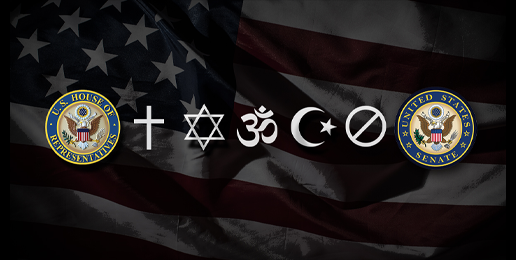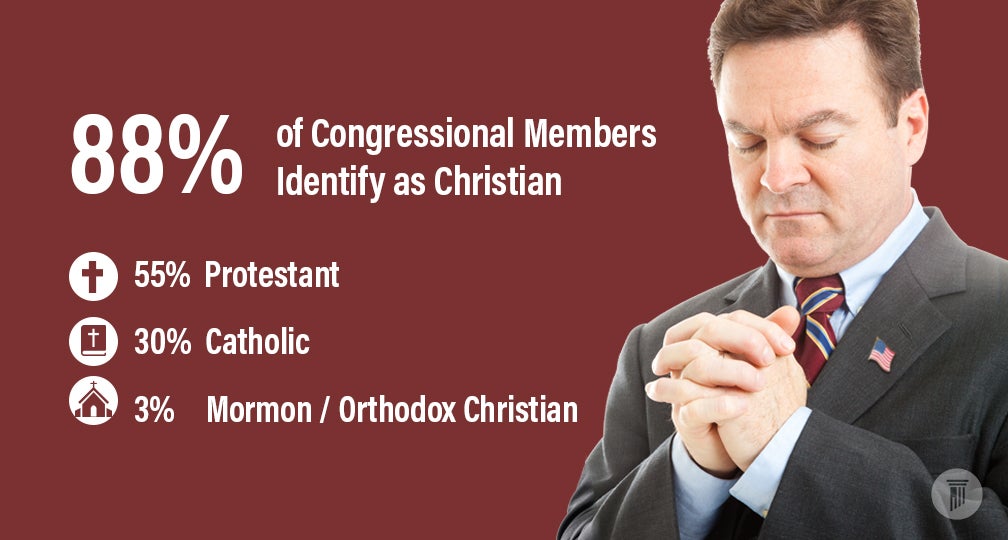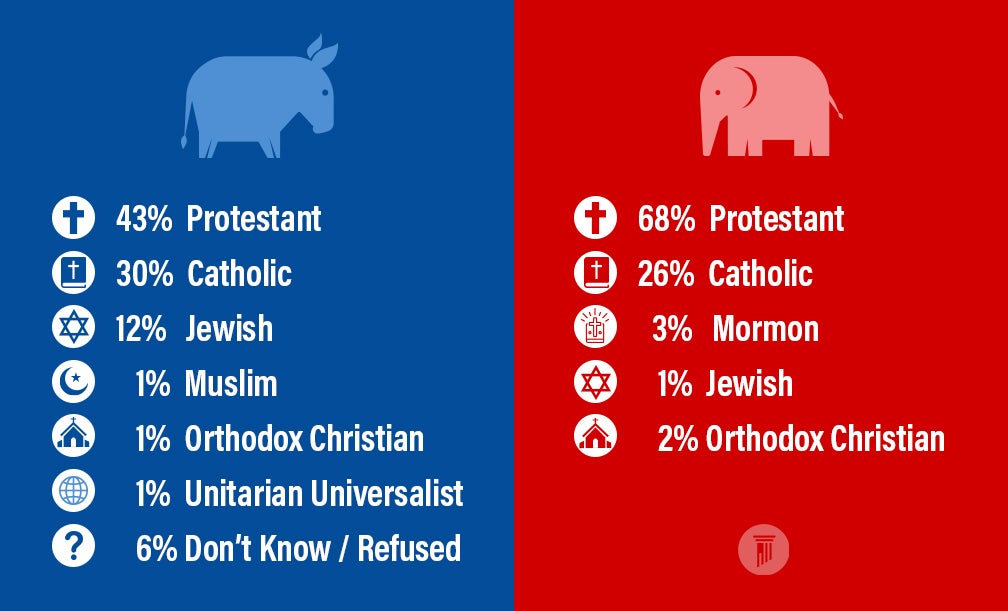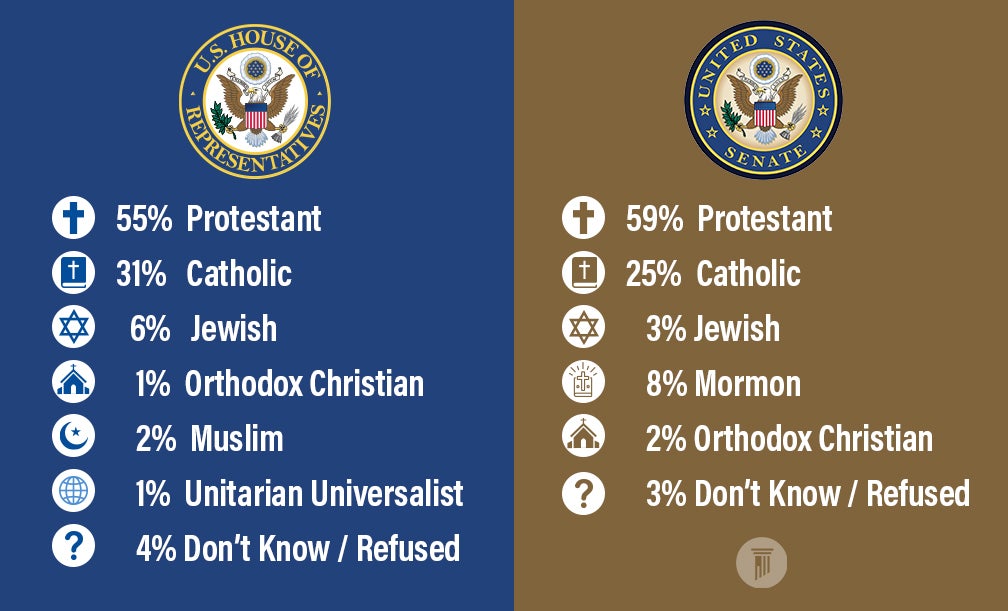
Written by Jorge Gomez
Quickly following the first meeting of the 117th U.S. Congress, Representative Emanuel Cleaver (D-MO) became the center of online satire and national headlines for concluding the traditional opening prayer of the legislative session in a rather unusual manner, to say the least.
After ending the invocation with the often-used term “Amen,” the congressman added “A-woman.”
While many simply responded by rolling their eyes or calling it another silly display of “woke-ism gone wrong,” it does bring to the forefront an important discussion about faith, religious freedom and religious belief on Capitol Hill.
The recent pandemic has proven that the Essential Fight for religious liberty in America extends beyond legal court battles. There’s an equally important fight happening outside the courtroom, such as in the halls of U.S. Congress, where First Liberty continues to keep a vigilant eye on important policies and developments that could advance, or restrict, our first and most fundamental freedom.
As the 117th Congress begins its work, below is a quick recap of some important legislative items you should know about:
- The Equality Act: There’s a bill pending at the U.S. House of Representatives that could effectively gut the protections of the Religious Freedom Restoration Act (RFRA), a law that for 25 years has served as a bulwark to protect your right to live out your faith.
- Federal Judicial Nominees: You’ll want to keep an eye on the U.S. Senate when it comes to judicial nominees, and the seats on the federal bench that will be filled under the new administration. Like the 200+ federal vacancies that were filled with originalist judges in the last four years, it’s critical that these seats and any future open seats on the federal judiciary are filled with judges who will help ensure that America’s promise of religious freedom remains strong and protected.
Though much attention will be given to legislation concerning religious freedom, it’s also helpful to shift focus to one aspect of our nation’s legislative branch that you may not always be the first thing on people’s mind: The religious affiliation of members of Congress.
So, just how religious is Congress?
Faith on Capitol Hill
Below we’ve outlined some key information that you should know about the 117th Congress and how it breaks down in terms of religion: *
** Important note: Protestant category includes numerous denominations such as: Baptist, Methodist, Anglican Episcopal, Presbyterian, Lutheran, Congregationalist, Non-Denominational, Pentecostal, Adventist, Reformed, and a number of other Christian minority faiths.



What About Our Elected U.S. Representatives?
You can use the chart below to easily find the religious affiliation of the members of the Illinois Congressional delegation.
| Political Party | Religious Affiliation | |
| U.S. Senate | ||
| Tammy Duckworth | D | No Response |
| Richard J. Durbin | D | Catholic |
| U.S. House | ||
| Bobby L. Rush | D | Unspecified Protestant |
| Robin Kelly | D | Nondenom. Protestant |
| Marie Newman | D | Catholic |
| Jesus Garcia | D | Catholic |
| Mike Quigley | D | Unspecified Protestant |
| Sean Casten | D | No Response |
| Danny K. Davis | D | Baptist |
| Raja Krishnamoorthi | D | Hindu |
| Jan Schakowsky | D | Jewish |
| Brad Schneider | D | Jewish |
| Bill Foster | D | No Repsonse |
| Mike Bost | R | Baptist |
| Rodney Davis | R | Catholic |
| Lauren Underwood | D | Unspecified Protestant |
| Mary Miller | R | Protestant unspecified |
| Adam Kinzinger | R | Unspecified Protestant |
| Cheri Bustos | D | Catholic |
| Darin LaHood | R | Catholic |
* Data and statistics courtesy of the Pew Research Center.
This article was originally published at FirstLiberty.org.
























